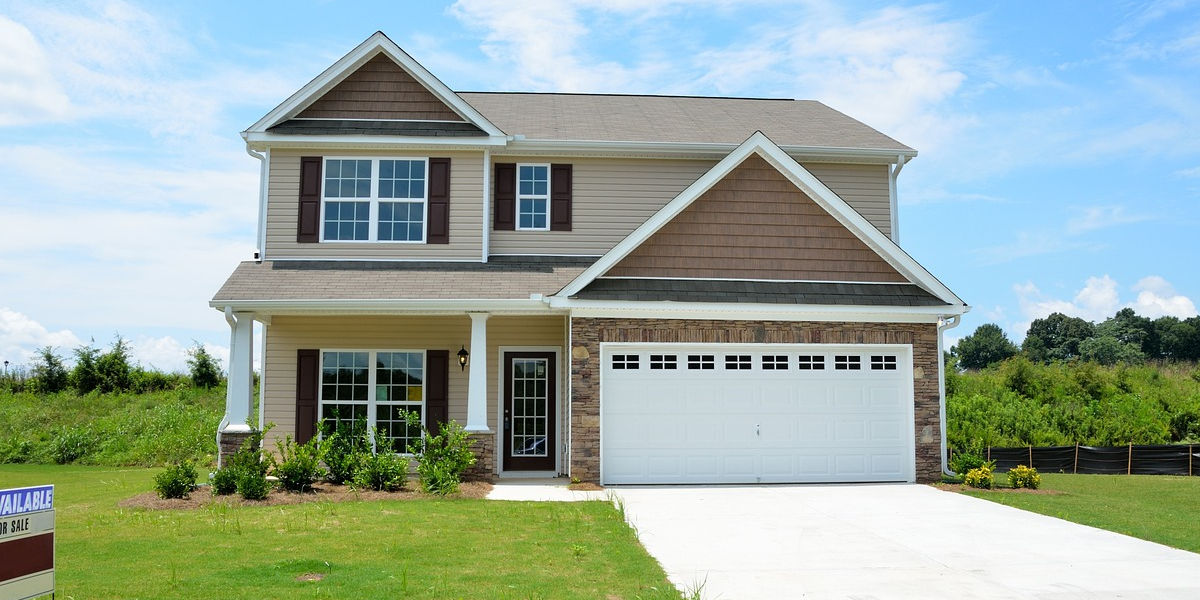Real estate has always proved to be a lucrative market for seasoned investors and beginners alike. There is a particular slice of this market that many find appealing - investing in single-family homes. Taking the plunge and deciding to invest is one thing, but understanding the viability and profitability of such an investment is an entirely different story. If you've ever found yourself wondering, "Is investing in single-family homes profitable?" or "What are some tips for managing single-family homes?", then this article is perfect for you.
Understanding Single-Family Homes Investment
In its simplest terms, a single-family home (SFH) is a stand-alone, unattached dwelling unit that houses only one family. When it comes to real estate investments, single-family homes present a traditional yet reliable choice for investors seeking steady cash flow and long-term appreciation. Let's delve into why investing in single-family homes could potentially be a gold mine for investors.
Is Investing in Single-Family Homes Profitable?
Single-family homes could be a promising investment for a multitude of reasons, making them an attractive choice for a diverse set of investors. Notably, single-family homes tend to appreciate in value over time. Property values historically increase, providing investors with a healthy return on their investment. Moreover, the cash flow from single-family home rentals can be substantial, particularly in high-demand markets. A well-situated and well-maintained home can bring a steady stream of income that can be quite profitable. In fact, according to a study conducted by the National Association of Realtors, single-family homes have been steadily appreciating in value, sometimes exceeding other types of real estate investments.
Tips for Managing Single-Family Homes
Investing in single-family homes does not come without its challenges. Property management, whether you do it personally or hire a professional, can affect your profits substantially.
Single-family homes are a preferred investment strategy for many in the real estate world. They represent the classic all-American dream, the picturesque reality of a peaceful and cozy living space. But beyond the sentimental value, they also have numerous advantages lending themselves to a sound and profitable investment strategy.
Single-family homes are known for providing steady cash flow through rentals. They are generally easier to rent out compared to larger multi-family properties or commercial buildings. People are constantly in search for a comfortable dwelling that provides privacy, space, and a personal touch– benefits that are usually associated with single-family homes.
Stability and Appreciation
Another key advantage of investing in single-family homes is the stability they offer. Very much like slow and steady wins the race, these properties tend to experience less volatility in terms of value compared to other real estate investments. Over time, single-family homes often appreciate in value, providing a potential profit when it’s time to sell.
They become more lucrative when you take into account the effect of leverage. Most real estate investors do not buy properties outright; instead, they obtain a mortgage. This means that they can control a large asset with a relatively small amount of money. As the property appreciates, returns on investment may significantly multiply.
Maintenance and Control
Another appealing aspect of single-family homes as an investment is the level of control they offer. Unlike investing in a real estate investment trust (REIT), where decisions are often made by a group of executives, owning a single-family home gives you the immediate power to manage your investment fully. This includes decisions regarding the rental price, when and how to renovate, and who is allowed to rent.
Adapting to Market Trends
Moreover, single-family homes are easier to buy and sell in reaction to market trends. This allows for a more dynamic investment strategy that takes advantage of shifts in the local real estate market. For example, if a particular location is seeing an increase in demand, single-family homes could be targeted for their higher profitability.
Wrap Up
In conclusion, single-family homes stand as a classic, time-tested strategy for real estate investments. Their stability, potential for appreciation, ease of management, adaptability to market trends and the steady cash flow they can generate through rentals make them an attractive option for investors of all shapes and sizes. As with any investment, however, there's no such thing as a 'sure thing'. Comprehensive research, thorough analysis, and careful decision-making will always play a pivotal role in determining your success in the real estate investment world.




